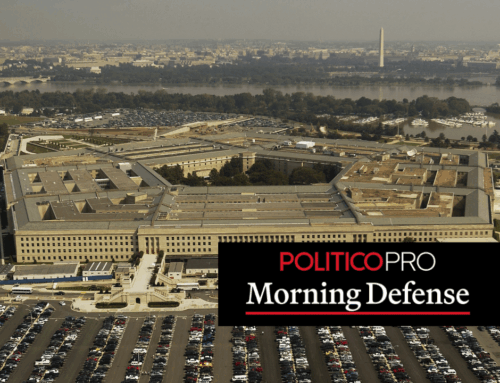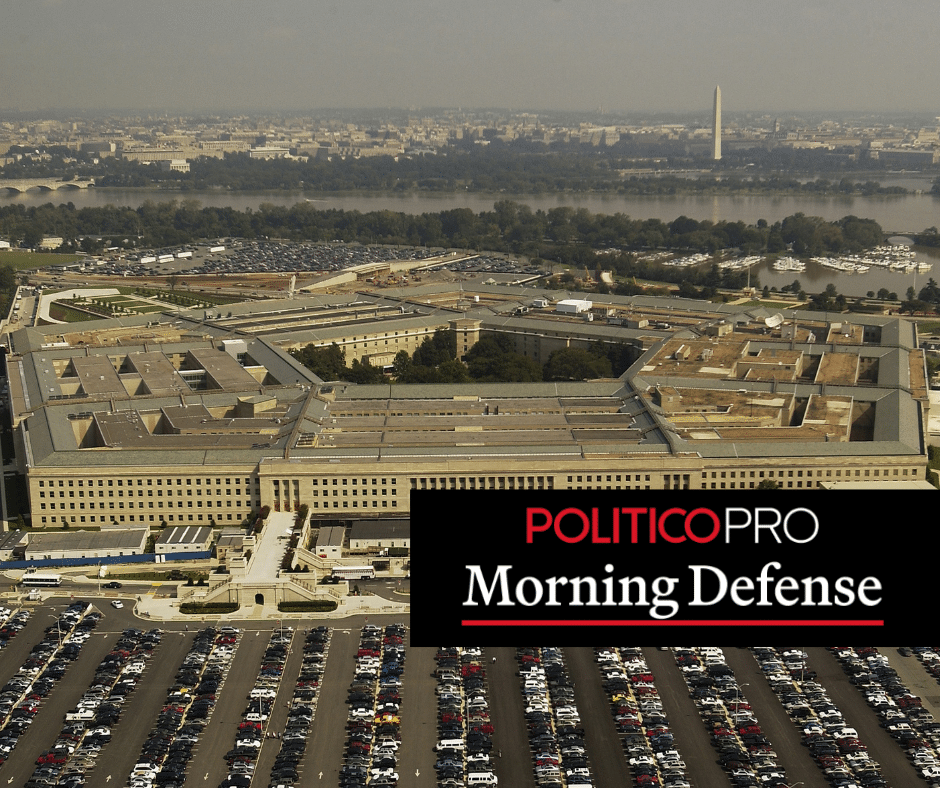Halloween is fast approaching. For those seeking fiscal responsibility from the government, this year has been filled mostly with tricks and very few treats. With the government still shut down and the halls of the House eerily quiet, we thought it appropriate to reflect on some of the federal actions, and inactions, that Washington’s political theater has produced for taxpayers. Be warned: these are not for the fiscal faint of heart.
Budget of the Living Dead – In a world where federal spending totals over $7 trillion, Budget Zombies devour your tax dollars: the Army Corps of Engineers “nourishing” beaches by pumping sand year after year only for it to immediately wash out to sea; temporary tax breaks that are reanimated every couple of years; and even projects that were laid to rest, but reanimate decades later (Yazoo Pumps). Despite amassing $38 trillion in debt, Congress continues to litter the federal budget with wasteful projects with an insatiable appetite for taxpayer cash. Budget of the Living Dead 2025 is an unfortunate remake of the TCS classic Budget of the Living Dead (released 1995), but with scarier zombies and more expensive effects.
Children of the Corn – Behind the placid fields and amber waves of grain across mid-America lies a horror. Special interests looking to drastically increase federal mandates that force feed taxpayers corn ethanol and other biofuels. Whether it’s watering down standards to qualify ethanol as renewable, unleashing year-round E15 sales, or pushing it into jet fuel, federal biofuels policy is the stuff of fiscal nightmares. The economic interests of consumers, manufacturers, and taxpayers mustn’t be sacrificed in pursuit of appeasing the politically powerful agricultural interests. Children of the Corn – coming to an early presidential primary state near you January 2028 (and every day for that matter).
A Nightmare on Main Street 2 – He is not friendly. He is not patient. And his trade policies are not a welcome visitor. Unfortunately, taxpayers don’t have to fall asleep to experience the nightmare of President Trump’s chaotic trade war. Tariffs that jump, then fall, then jump again based on the whims of one man. Allies turned into trade enemies, protectionist measures non-uniformly enforced. When it comes to planning and investing, American businesses and consumers are at a loss because no one knows where the next massive trade restriction will come from or whom it will visit next. But we know where it leads: increased costs, lost economic output, and taxpayer funded bailouts. Like most sequels, this one is worse than the first.
A Quiet Place – If they hear you, they hunt you. At least that’s what most in Congress must think as they refuse to utter a single word about the major drivers of federal deficits. Too many lawmakers seemingly fear that making any noise about the serious fiscal challenges facing Social Security, Medicare, or Pentagon spending will lead to their political career being devoured. But they are wrong. Taxpayers need strong leadership on these issues because solutions exist. Lawmakers just cannot sit in silence.
The Abandoned – Oil and gas orphaned wells haunt taxpayers. Eventually all oil and gas wells stop producing and must be cleaned up. But all too often these abandoned wells are left for dead—creating a fright fest of ills for nearby neighbors and depleting the federal coffers when bad actors in the oil industry sink into the deeps. But taxpayers can escape. Sufficient bonds can provide a down payment on that cleanup at the start. Modernizing bond rates to reflect actual clean up costs simply ensures ghastly operators, not noble taxpayers, will take care of the mess.
The DOGE Chain Saw Massacre – An interesting premise, this flick starts with an, um, eclectic individual wielding a chainsaw promising to cut through the waste of the federal bureaucracy. When it comes to the heart of the plot, however, the promise mostly falls flat. Overinflated promises of savings that never materialize. And a general sense of failure to work with other actors to truly improve the government’s performance. Overall, a missed opportunity that may prevent the launch of successful bipartisan budget reform opportunities for years. Zero stars.
The Silence of the Lawmakers – Too many lawmakers sit idly by as the Executive Branch erodes the Congressional power of the purse. Impoundments, Pocket Rescissions, challenging the Anti-Deficiency Act, manufacturing emergencies to justify arbitrary, and likely unconstitutional, tariffs. For decades presidents have pushed to take spending authority from Congress. The current Administration is doing so in overdrive. A majority of senators did take a small step, voting to end the “national emergency” the president declared is caused by Brazilian coffee, orange juice, and other products, but on this the House looks unlikely to buy a ticket. If Congress wants a seat at future spending decision screenings, it needs to stand up for itself.
These are but a few of the fiscal horror flicks coming from Washington’s political theater. Many more titles are in development: Mike Johnson’s Frankenstein, The Nightmare before Congress, The Hill Has No Eyes for Oversight, I Know What You Didn’t Do This Summer, Misery. But for taxpayers-sake, we need Washington to move beyond the fiscal horror genre and towards something more productive. Maybe even educational.
- Photo by Kenny Eliason on Unsplash










